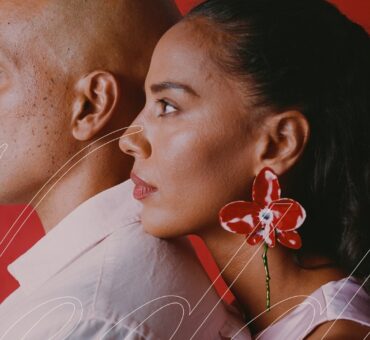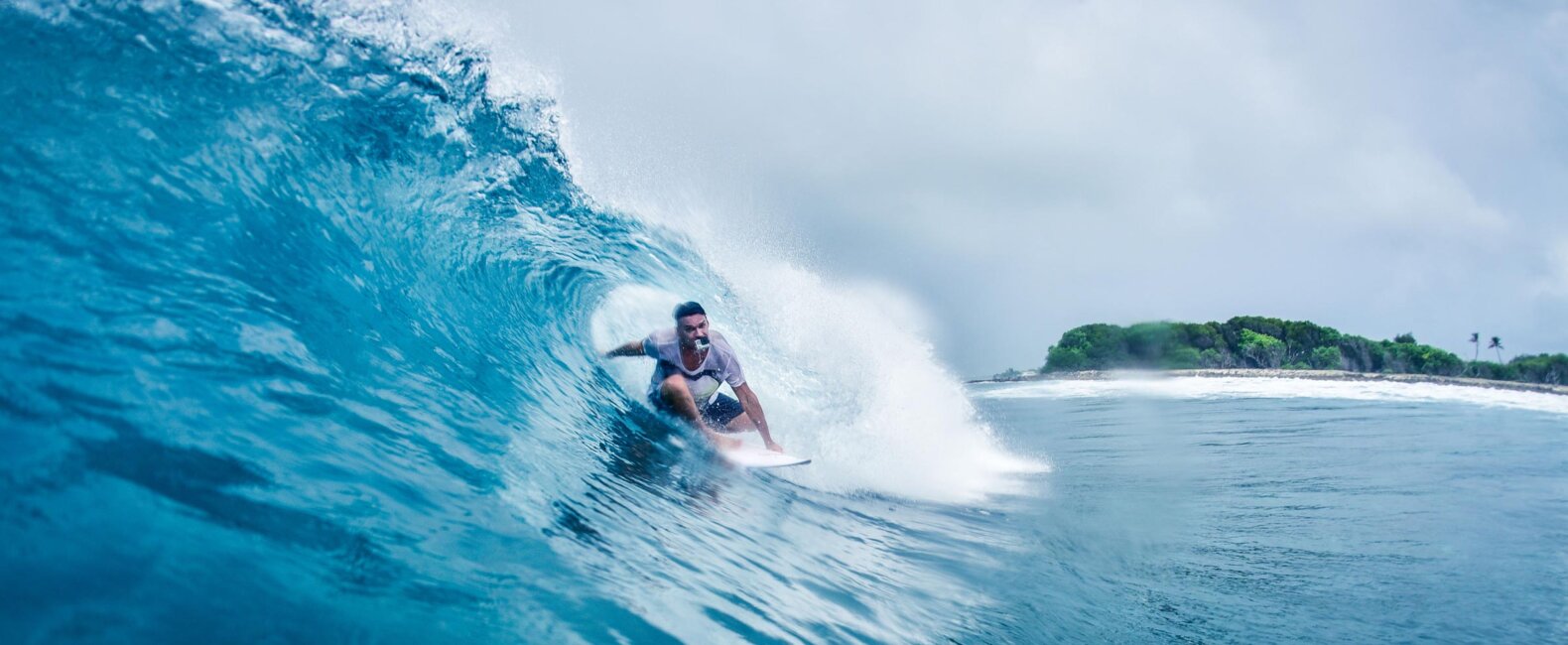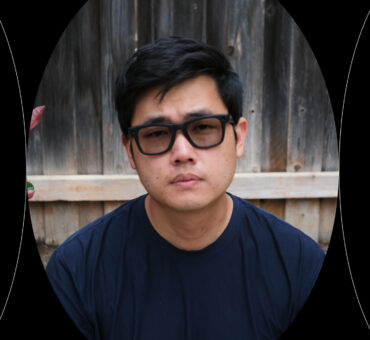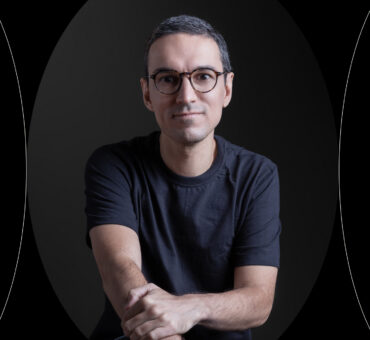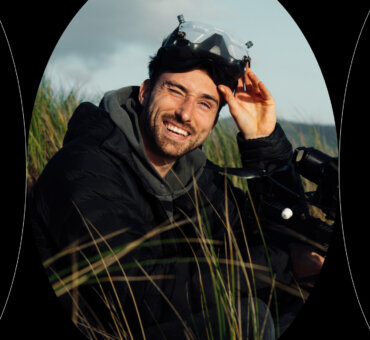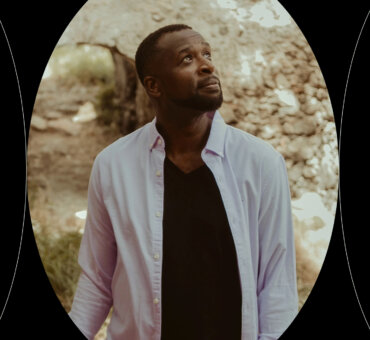There comes a point when any serious creative has to make a choice: continue pursuing art on the side, or go for it all out. That one decision changes everything. Or at least it did for filmmaker Thomas Simon who quit his day job, spent his last $10K on gear, and then prayed his phone would ring.
“I knew I wasn’t working to my full potential,” Thomas said. “I was just paying the bills. And it came to a point where I realized that if I never took a chance at being successful, I was never going to be successful.”
Luckily, Thomas’ phone did ring, and his freelance filmmaking career was launched. Since then, Thomas has worked on films for brands like Coca-Cola, Dove, UPS, and more. But like most of us, the projects that matter most to him are passion projects, such as his recent film Art of One featuring artist Myneandyours.
Watch the film below and then check out our conversation with Thomas Simon.
Musicbed: When did you start making films?
Thomas Simon: I grew up surfing, but in my last year of high school I got injured and couldn’t surf for three months. So I picked up a camera and started filming my friends, just to make myself useful. I’d always had an interest in film. My brother used to work for a DVD rental store, and he’d bring home dozens of films. I ended up with a big knowledge of cinema from watching absolutely everything from an early age.
What types of films were you into?
Anything from The Big Lebowski to French cinema to some old Japanese movies. Really anything I could get my hands on. Some of them wouldn’t even have a translation, but I became fascinated by the process of filmmaking.
Did you go to film school?
I went to the SAE Institute in Australia, which is basically film school. It included a lot of practical stuff, but also a lot of business-related classes and copyright classes. It was very broad. When I got out I started working, and straight away I realized I knew nothing. I was a complete beginner. Working in the field was the only way I was going to learn.
When I got out I started working, and straight away I realized I knew nothing. I was a complete beginner.

Did you get anything out of film school?
I got a small portfolio. Film school forces you to put together projects and have something to show for yourself. No one cares about your diploma. They only care about what you’ve made. So in the sense that it forced me to make things, film school was useful.
Was there a project after film school when you realized that, oh, maybe this really could be your career?
It started quite slowly after film school. I didn’t have any equipment. I didn’t have a camera. I didn’t have anything. But I still had contacts in the surfing world. So I went to the south of France and worked for six months editing surf documentaries and doing a bit of shooting. One of the first projects I did was a 50-minute 3D documentary. I had never touched 3D before. And this was five years ago, so there wasn’t much 3D around anyway. I’m not even sure why they wanted it like that. Anyway, after I finished that film, I kept freelancing and eventually ended up in Dubai.
How long ago was that?
About four and a half years ago.

On your website you call yourself an aspiring filmmaker. Do you not feel like you’re a filmmaker yet?
It’s really a state of mind for me. I don’t like telling myself I’ve accomplished anything. It keeps me wanting more and looking for bigger projects where I can tell better stories. I’d like to think I’m still doing my 10,000 hours. I hope I never stop learning. I make mistakes on every shoot and learn from them. Maybe that never goes away.
I hope I never stop learning. I make mistakes on every shoot and learn from them.
How do you handle making mistakes?
Well, they’re never mistakes that ruin the whole project. Otherwise I probably wouldn’t be doing this job. But there’s always something to learn. I edit everything I shoot, and as an editor you immediately see the flaws you made while you were shooting. Hopefully you learn from it and you don’t do it again.
What types of lessons have you learned?
The one thing I’m always reminding myself of is to prepare more and not just walk into a project hoping to figure it out. Even for the simplest shoot, preparation ends up being more important than the actual shooting. Some people get really into storyboarding everything. I’ve tried that but I’m not very good at it, and it usually doesn’t work out. So I tend to just do shot lists. I make a list of shots I need to get, and then I’ll make a list of shots that are extras but would be great to get, if possible.
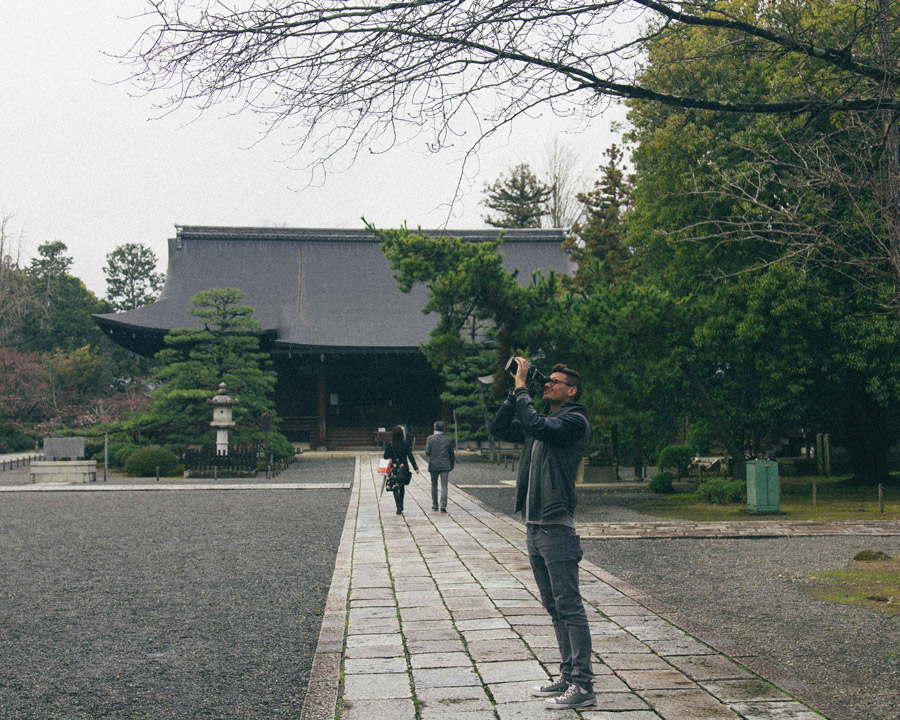
Was the Art of One video your idea?
As a freelancer, a lot of the projects you do are not that fun. You don’t have the creative freedom you want because you’re working for someone else. Ultimately, the client is going to do whatever they want. So I try very hard to find companies I am happy working with. I want to work on projects that are interesting to me, regardless of the budget. So I found these guys, Drawdeck, a company that sells art prints. Basically I approached them and said, “You seem to be working with a lot of interesting people, and I’d like to work on something with you.” They were super stoked about it and said they would get me in touch with an artist.
Did you know Myneandyours’ story before you started filming?
Not at all. I’d never met him before. It was literally me asking, “Tell me what’s going on.” I had no expectations, but he turned out to be such an inspiring guy. I wanted to put my camera down and just talk to him. I had to stop myself from talking to him too much during the interview. The whole time I was nodding my head like, I know, man. Me too. In that sense, we connected really well.
What part of his story did you connect with?
First of all, when he mentioned The Offspring’s Americana album and Frank Kozik, the graphic artist who designed it, I was like, No way! That’s my childhood as well. But what I really related to is the way he quit everything and found a job he loved. That’s pretty much what I did too. I had to throw myself out there and hope it worked out. So far it’s turned out all right. I’m a functioning freelancer, and that in itself is success for me. For Myneandyours, though, it’s a lot more difficult since he’s doing art. With art, you’re making art and hoping people connect with it. I was inspired to see someone with a story similar to mine, but he’s taking it much further, in a way.
I had to throw myself out there and hope it worked out.

Some people say it’s best to work a stable job and do your art or creative work on the side. What are your thoughts on that?
For a while here in Dubai, I had to have a day job. I worked in a photography studio doing everything from behind-the-scenes shoots to weddings to small events. But I knew I wasn’t working to my full potential. I was just paying the bills. And it came to a point where I realized that if I never took a chance at being successful, I was never going to besuccessful. So I quit that job. No more salary, no more insurance. I put all the money I had into buying a camera, and then I just started working. Fortunately, everything fell into place somehow. I started getting calls straight away.
Was it a stressful decision?
It was very stressful but it was also very freeing. I had a bit less than $10,000 saved up when I left, and I put all of it toward gear. I was down to zero. I was just like, I hope someone calls.
Obviously, quitting your job frees up more time, but did it affect you creatively?
It forced me to up my game. The first thing I did was write and shoot a short film. I wasn’t going to wait at home doing nothing and hope something would get dropped in my hands. I realized that if I wanted to get bigger jobs, I needed to start doing interesting work. I needed to put something on the table that others weren’t. So I wrote this film, and I used my brother as the main actor and had a friend hold the mic. It was basically like a student film. But just by doing it, you learn so much — whether or not the project turns out well. This one didn’t. Not everybody can act.
It makes sense why you would connect with Myneandyours.
Even when I watch the video again, it’s like, I get you, bro.
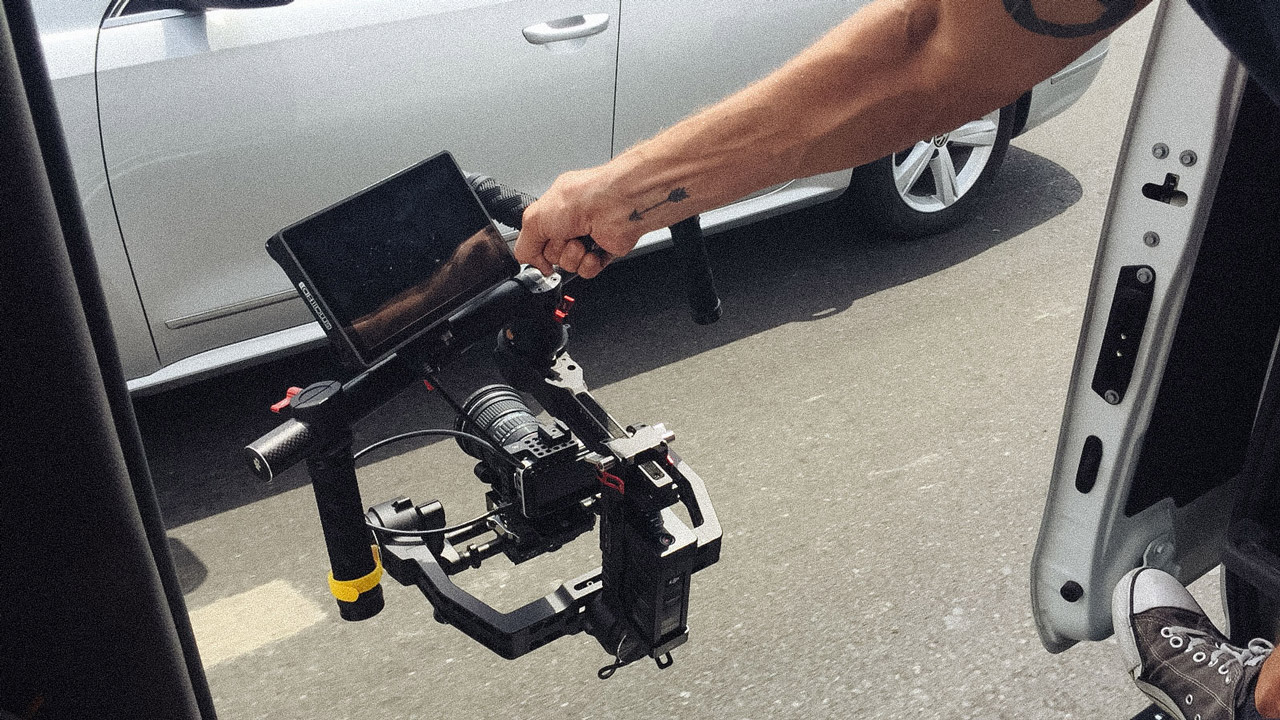
Is it important for you to connect with the projects you work on?
Definitely. I need to feel something when I create a video. It can be a travel video or a music video or a documentary — absolutely any type of storytelling — and I’m just looking for that… moment. It’s like in Art of One when Myneandyours talks about how he loves the sound of a skateboard on concrete. It’s all about that moment when you feelsomething, and maybe you don’t even know why. That’s what’s important to me on a project. And usually that’s not something you get when you’re working on a commercial project. It’s like a pseudo copycat version of feeling something. They’ll say, “Can we make a video that feels genuine while also selling our brand?” And I’m like, “You can’t, because what makes a video genuine is that it’s not trying to sell you anything.” Combining the two is very difficult. Arguably impossible.
It’s all about that moment when you feel something, and maybe you don’t even know why.
David Foster Wallace has this quote where he says something to the effect of, advertising can never be art because it’s not a gift. Art is a gift.
I agree. I agree. A lot of times a client will hire you to do a job because they “love your style.” But when you show up on set, they’re like, “Oh no, we can’t do it that way,” and “Can we show the brand more?” And you’re like, “Well, this really isn’t my style anymore.” As it turns out, they don’t want your style; they want their version of your style.
Have you found a way of coming to terms with that?
Yeah. I’m fortunate that I can pass on jobs if I feel like they’re not going to make me happy, but obviously I can’t pass on every job. Sometimes you just have to accept that it’s not going to be fun but it’s going to be money. I guess that’s what having a job means, right? That’s what everybody is doing. As freelancers, we live this hippie life where we choose what we do every day. Most people don’t have that choice. But then again, most people have come to terms with hating their jobs.
What’s the best piece of advice you’ve been given?
To just make things. A lot of times I won’t write a specific line or scene or story because I’m afraid of what the reception might be. Or I’m afraid it’s not going to be good. I can find so many excuses for not doing things. There’s always a reason not to do something. So I try to push myself to do things. Just keep making films. That’s all there is to it. Eventually you end up making something meaningful.

There’s never a perfect time to drop a stable career and pursue your creativity full time. It’s always a risky move. And while we can’t say it’s right for everyone, almost every great filmmaker we know has thrown the dice at some point. If you’re wondering what’s holding you back, maybe you’re playing things too safe.































































